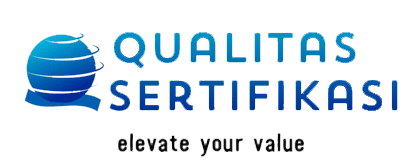A Guide to Various Certification Schemes for Plastic
In today’s environmentally conscious landscape, understanding the sustainability and origin of plastic materials has become paramount. Various certification schemes have emerged to address this need, providing transparency and assurance to consumers and businesses alike.
These certifications not only validate the recycled content of plastic products but also trace their journey from source to end product. In this guide, we explore key certification programs that empower stakeholders to make informed choices, promote circularity, and contribute to a greener future. Let's jump right in!
OceanCycle Certification
OceanCycle is a social enterprise that provides a 100% independent, third-party certification of ocean-bound plastics recycling supply chains to ensure that they meet international quality, ethical, environmental, and labor standards.
The certification employs a first-of-its-kind chain of custody system that allows purchasers of their certified materials to have end-to-end traceability of those materials from bottle collection through manufacturing.
Plastic Free Certification
Plastic Free Certification aims to empower companies and organizations to ditch disposable plastics entirely. Their innovative Plastic Free Standard offers a structured and accessible framework for businesses to gradually eliminate single-use plastics throughout their operations, including packaging and supplier chains.
This certification program caters to diverse needs, offering five progressive grades, making it achievable for companies of all sizes and sectors.
EuCertPlast Certification
EuCertPlast, a European certification scheme, tackles the challenge of inconsistent standards and limited transparency in plastic recycling. It aims to promote environmentally-responsible practices by recognizing and incentivizing recyclers who adhere to rigorous best practices.
The scheme focuses on two key areas: traceability and quality. This means the entire recycling process, from the initial collection of plastic materials to the final product, undergoes strict scrutiny based on environmental and quality standards. This ensures the integrity of recycled plastic, fostering trust and transparency within the European plastics industry.
Global Recycled Standard (GRS)
The Global Recycled Standard (GRS) by Textile Exchange is an international, voluntary certification program that sets standards for recycled materials in textiles. While not directly focused on plastic, it can be applied to recycled polyester, a commonly used plastic fiber in clothing, bags, and other textile products.
It ensures that products claiming to contain recycled polyester actually do, with a minimum of 20% recycled content for business-to-business use and 50% for consumer-facing labels.
GRS sets strict environmental and social requirements for the entire recycling process, from collection to processing, minimizing environmental impact and ensuring fair labor practices.
Traceability is a key aspect of GRS, allowing you to track the origin of the recycled polyester used in your product.
Moreover, polyester production traditionally has a significant environmental footprint. GRS encourages the use of recycled polyester, reducing reliance on virgin plastic and its associated environmental impact.
Ocean Bound Plastic (OBP) Certification Program
The Ocean Bound Plastic (OBP) Certification Program, developed by the non-governmental organization Zero Plastic Oceans, aims to address plastic pollution by incentivizing the collection and responsible management of ocean bound plastic (OBP). This type of plastic waste is defined as "at risk of ending up in the ocean" and is estimated to contribute to 80% of plastic marine litter.
It verifies that OBP is collected ethically and responsibly, minimizing environmental impact and social injustice.
The OBP Certification Program has two subprograms:
OBP Recycling Certification Subprogram
This certification focuses on commercially recyclable OBP, meaning the one that can be recycled into new products. It also verifies the entire OBP recycling value chain, from collection to final product creation.
Two certification standards are used:
- OBP Collection Organization Standard, which covers the ethical and responsible collection of OBP.
- OBP Recycling Organization Standard, which covers all further steps of recycling, fabrication, and sale of recycled OBP products.
OBP Neutrality Certification Subprogram
This certification applies to organizations collecting and treating non-commercially recyclable OBP, or those offsetting their plastic footprint. It aims to ensure ethical collection and treatment of OBP, with verified and traceable plastic credits issued for offsetting purposes.
Two certification standards are used:
- OBP Neutralization Services Provider Standard: For organizations collecting and treating OBP, allowing them to sell verified plastic credits.
- OBP Plastic Producers and Users Standard: For organizations wanting to offset their plastic footprint through purchasing these credits.
It's also worth noting that Qualitas Sertifikasi Indonesia is now an approved Certification Body (CB) for the OBP Certification Program. This means we can conduct audits and issue scope certificates against the program's requirements.
Moreover, our involvement expands the reach and accessibility of the OBP Certification Program, allowing more businesses to participate and benefit from its standards and principles. This broader participation ultimately drives greater adoption of sustainable practices and encourages the responsible management of plastic waste.
Despite their exceptional efforts, challenges remain on the horizon. The scale of plastic pollution necessitates collective action, involving governments, businesses, and individuals alike. As certification programs continue to evolve, stakeholders must prioritize transparency, scalability, and inclusivity to drive meaningful change.
If the OBP Certification Program resonates with your company's values, explore further by visiting our
website or
contacting us directly. Our team is ready to help you integrate sustainability into your business practices!
Recent posts
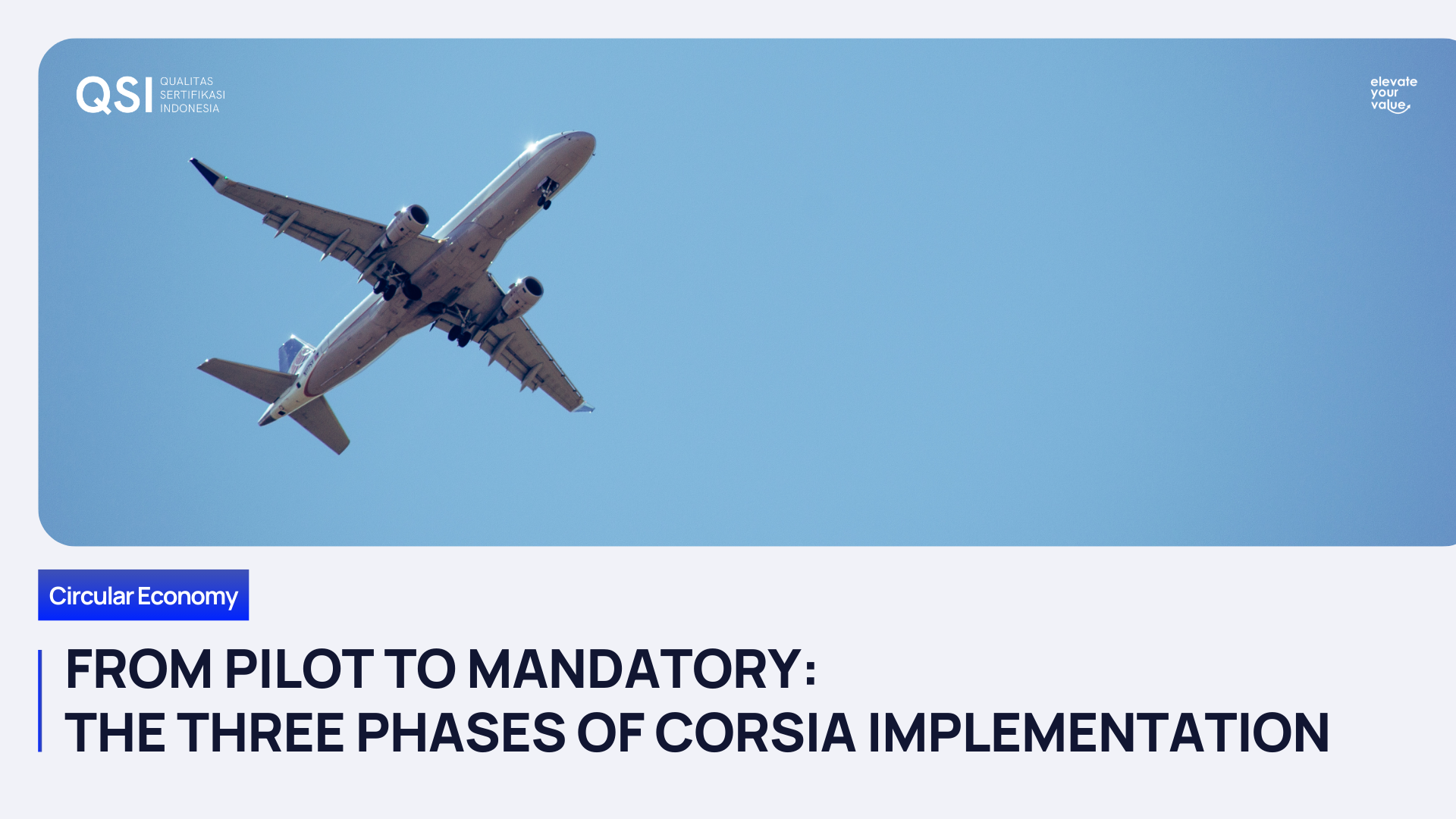
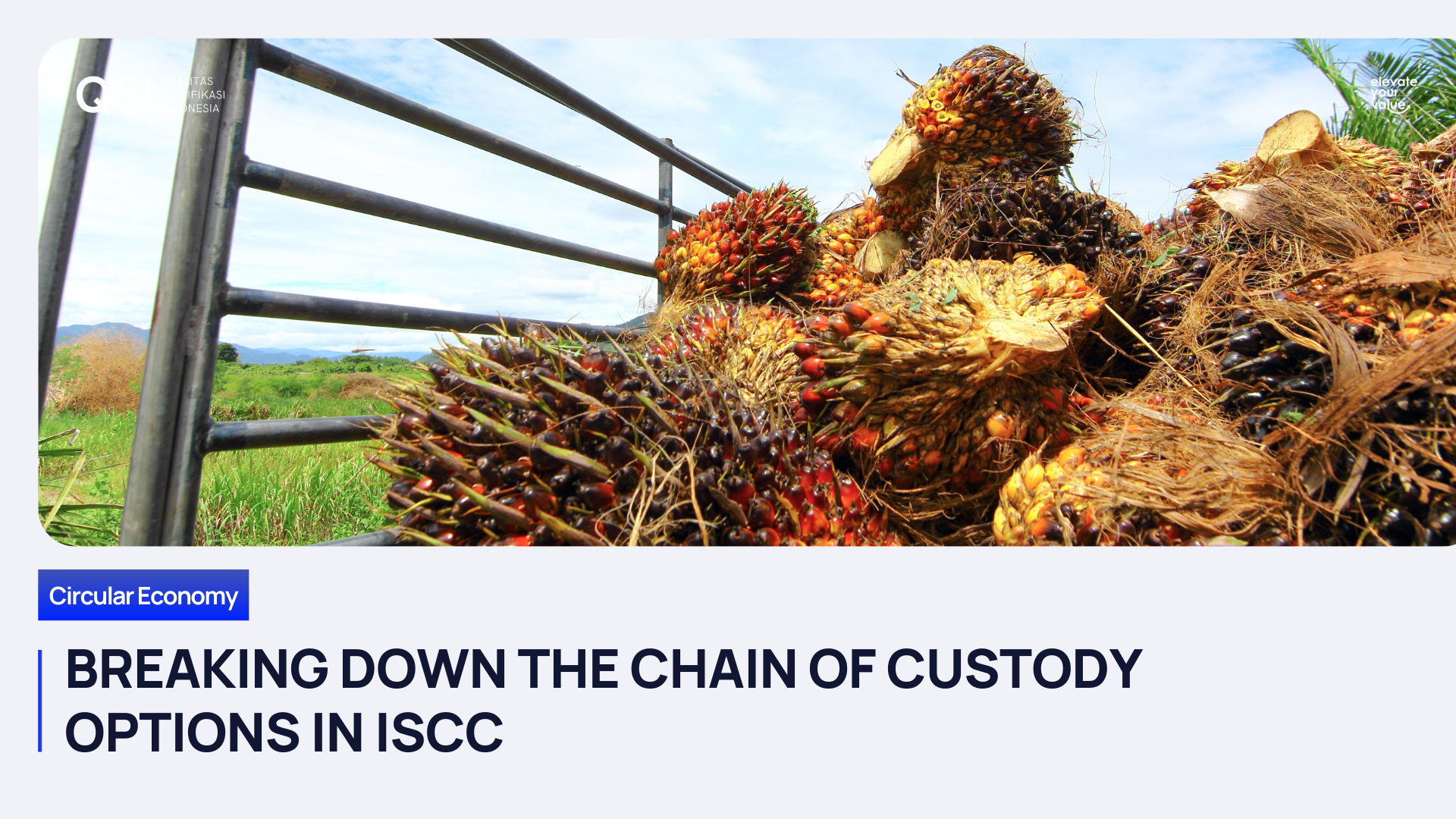
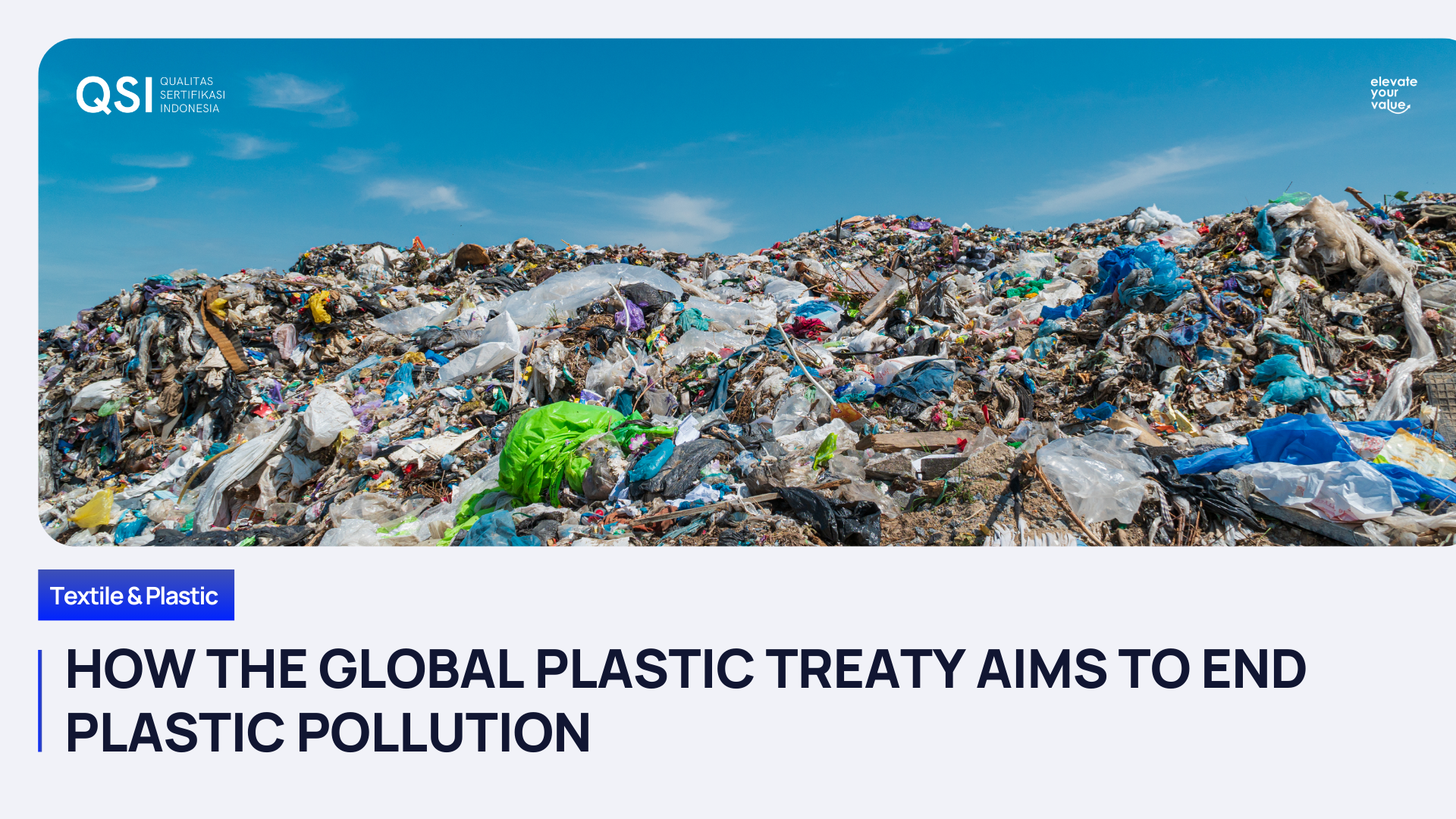
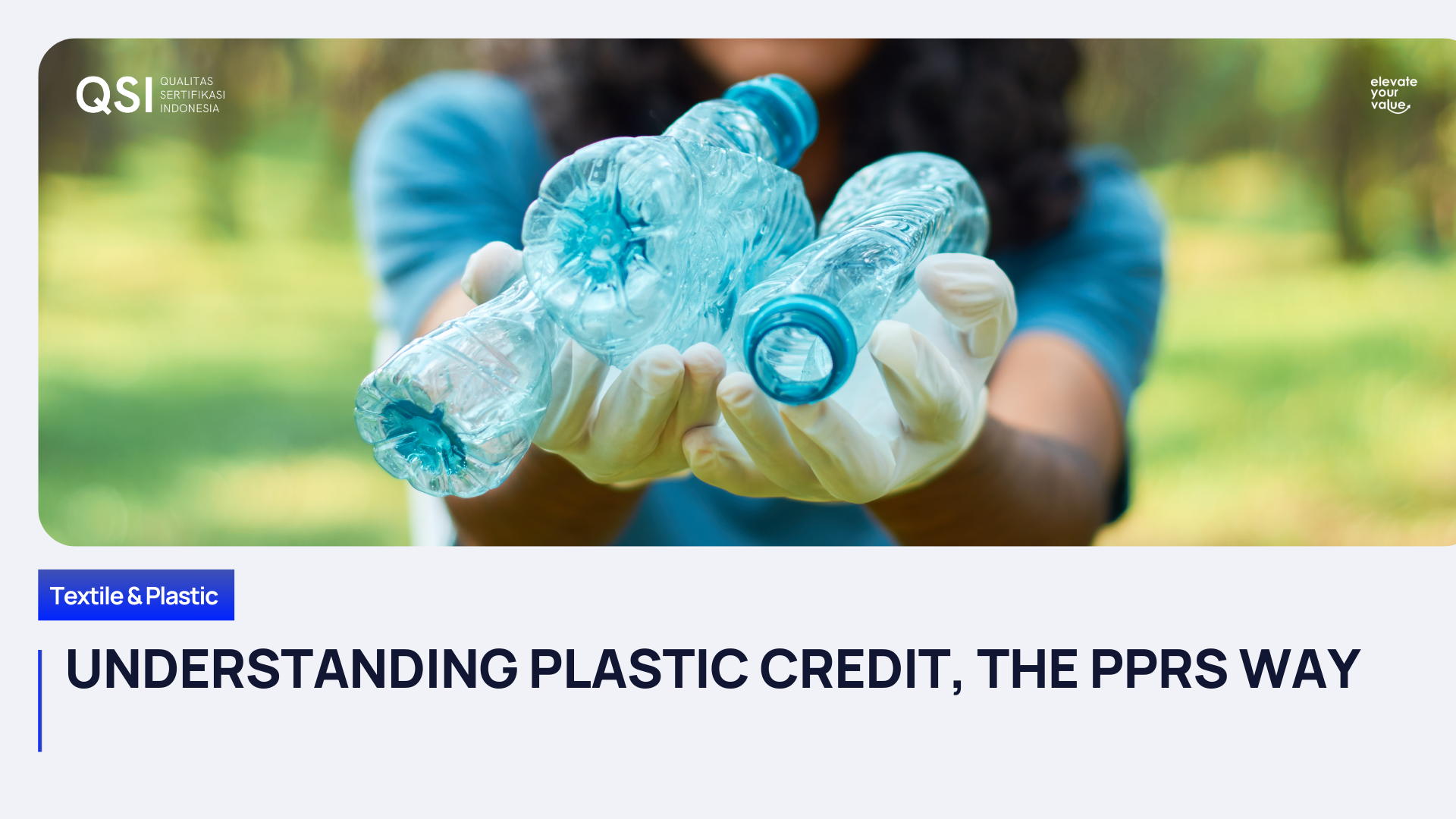
Drop us a line
Contact Us
We will get back to you as soon as possible.
Please try again later.
Share



General Inquiries
Phone
+62 21 2949 1946
Headquarter
The CEO Building, Level 12th
Jl. TB Simatupang No. 18C
Cilandak Barat, Cilandak
Jakarta Selatan, DKI Jakarta 12430
Indonesia
Operational
Menara Sun Life, 7th Floor
Jl. Dr. Ide Anak Agung Gde Agung Blok 6.3
Kuningan Timur, Setiabudi
Jakarta Selatan, DKI Jakarta 12950
Indonesia
Programs
Quick Links
Qualitas Sertifikasi Indonesia
PT Qualitas Sertifikasi Indonesia
